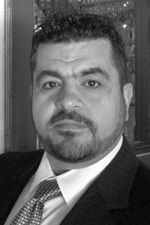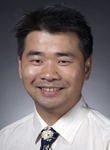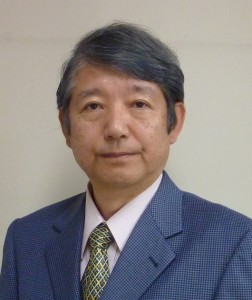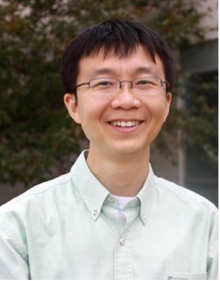Seminar: Digital Archaology
Speaker: Audris Mockus, Avaya Labs
Date: November 17, 2011
Time: 3:40 p.m.
Location: 2432 Food Science Building
Abstract: Measurement is the essence of science. Many professional and social activities become software mediated, thus generating vast digital remains that represent projections of collective and individual activities. The reconstruction and quantification of the behavior of an individual, an organization, or a society from these projections is the main challenge of digital archeology. I will illustrate the approach in the context of current software development practice. Software development is experiencing a radical change driven by the open source movement and the business needs to move development to low-cost locations. I will discuss ways to measure mentor-follower relationships in succession (the transfer of code ownership), and the aspects of succession that impact productivity and quality. I will introduce measures of relative sociality (the ratio of social and technical competencies), illustrate how they evolve over time, and quantify how the initial project environment is associated with the probability that a developer will become a long-term contributor.
In conclusion, I will discuss how digital archeology offers new ways to understand software development and human nature.
Speaker bio: Audris Mockus studies software developers’ culture and behavior through the recovery, documentation, and analysis of digital remains. These digital traces reflect projections of collective and individual activity. He reconstructs the reality from these projections by designing data mining methods to summarize and augment these digital traces, interactive visualization techniques to inspect, present, and control the behavior of teams and individuals, and statistical models and optimization techniques to understand the nature of individual and collective behavior.
Audris Mockus received B.S. and M.S. in Applied Mathematics from Moscow Institute of Physics and Technology in 1988. In 1991 he received M.S. and in 1994 he received Ph.D. in Statistics from Carnegie Mellon University. He works at Avaya Labs Research. Previously he worked at Bell Labs.
This lecture was made possible in part by the generosity of F. Wendell Miller, who left his entire estate jointly to Iowa State University and the University of Iowa. Mr. Miller, who died in 1995 at age 97, was born in Altoona, Ill., grew up in Rockwell City, graduated from Grinnell College and Harvard Law School and practiced law in Des Moines and Chicago before returning to Rockwell City to manage his family’s farm holdings and to practice law. His will helped to establish the F. Wendell Miller Trust, the annual earnings on which, in part, helped to support this activity.




